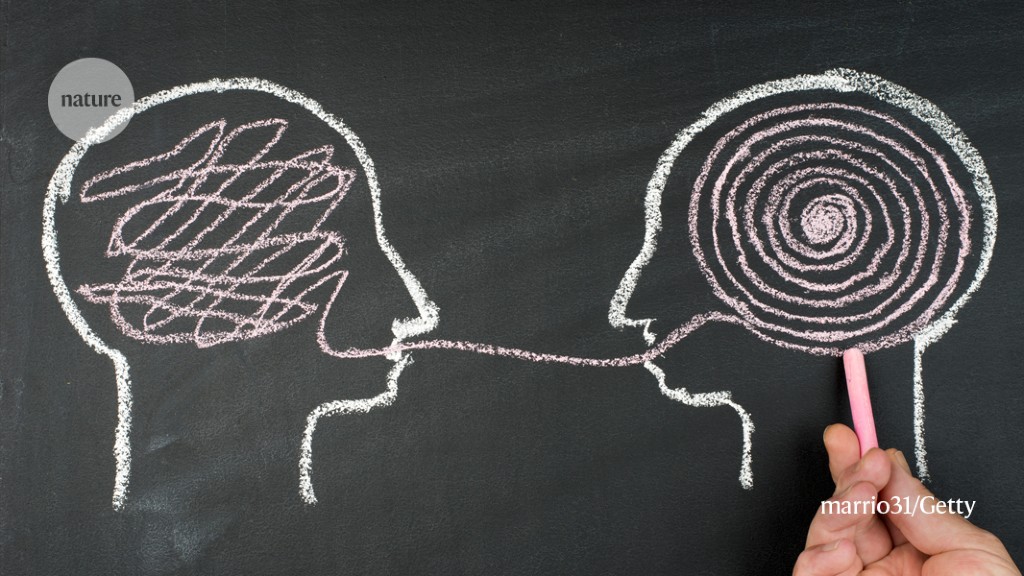Weeknotes 261 - unlearning AI hidden magic
Impressions from Dutch Design Week and the latest notions from the news, events to visit and a paper on unlearning LLMs.

Hi y’all. I hope I can distract you from all the continuing terrible news with some reflections on news beyond tech and human relationships (I still experiment with finding the right framing…)
Last week was dedicated to Dutch Design Week, for a large part. Three days, to be precise. On Monday, Thursday, and Friday, I had some specific events to visit, but I also had some time to check out a bit of the sheer amount of exhibitions that were organised again. You always miss more than you can experience, as the famous saying goes…
On Monday PONT program was introduced. The main goal is to create a better understanding with civil servants of the potential power of design and offer designers new to that domain tools connecting to the specifics of public service organisations as clients. The program just started, and the interest was high, which is a good sign as I believe that design for these complex relations captured in protocols of understanding is more important than ever. Hopefully, it is possible to create a healthy environment to use the design professionals in programs and not try to create internal design agencies within the government, as was mentioned.
Thursday, we were asked to share our experiences with civic prototyping with the Wijkbot project in the DRIVE session on Digital Society (you can watch Tomasz’s talk from 2:30) and in the afternoon within the NADR (Network for Applied Research). Tomasz did a short presentation, and we did a workshop afterwards and shared a draft extract of a paper. We made some interesting new connections. Together with the afternoon program, we got really inspired to leverage the achievements of creating a boundary object that can set the right stage for civic involvement and unlock new idea development with the right amount of free space. To be continued for sure.
Triggered thoughts
Next to the inspiration for our project, I was thinking about what my overall findings are from all the designs and sessions I visited. AI was around, of course. Designing complexity, or better, dealing with complexity, is a theme for sure. Also, having queer as a design theme was quite new, I think. Inclusivity is -luckily- an important theme captured in social design. Try to capture a feeling it is maybe that there is more attention for meta-design and design for conversation. Traditional product design (in all shapes), creating the best solution for an identified problem, is replaced with conversational objects that try to open up new questions. It is a longer trend that is becoming mainstream, at least in the choices of the DDW. It is a sign of the times when we are increasingly confused and trying to find new ways to master these uncertainties.
I will take some of this thinking to further detailing the ThingsCon program; I believe we have a good framework with the theme of Un/ntended consequences.
Events for the week(s)
- 1 November, Amsterdam: Sensemakers DIY
- 31 October, 1 November - Amsterdam - Society 5.0
- 1 November - Online - General Seminar - Circular Economy
- 1-5 November - Utrecht - Impakt festival
- 2 November - AI Eindhoven
- 2 November - Rotterdam - InnovatieX
- 2 November - Amsterdam - Responsible apps and other digital dilemmas
Notions for the news
I finished writing this newsletter in the night before sending it on Tuesday morning. So I was able to listen in to the latest Apple Mac event that was aired 1 am Rotterdam time. It would not have been worth staying awake; are we entering peek chips? Boring data and specs focus make me wonder if I need 60% faster chips than my M1 pro. Will we get into a place where that is necessary? On board AI?
It might play a role in Apple Vision, but that was not part of the introductions.

The space black colour is nice for sure. And maybe most remarkable is that the price points are the same or even lower.
/cdn.vox-cdn.com/uploads/chorus_asset/file/25046450/image__4_.png)
AI (and humans)
What is the future of the Humane “AI pin”. It depends on the focus of the company: finding the natural interface with the ubiquitous AI helper or stick to a gimmick projecting interface

/cdn.vox-cdn.com/uploads/chorus_asset/file/24850400/The_Disappearing_Computer__An_Exclusive_Preview_of_Humane_s_Screenless_Tech___Imran_Chaudhri___TED_____The_Disappearing_Computer__An_Exclusive_Preview_of_Humane_s_Screenless_Tech___Imran_Chaudhri___TED_2023_8_14_12017.62_1080p_streamsho.png)
Talking about Humane AI, how will that play out the persuasion game? I sometimes think about rebooting the Behavior Design meetup focusing on AI-enhanced (?) interactions. Will it be superhuman persuasion, indeed?

The battle (or race) of the AIs is still in full swing, even with apparently bit less hype. Google is securing a stake in a rival.
/cloudfront-us-east-2.images.arcpublishing.com/reuters/ATYPQN5I4VP2NNBWZUDSFQ5TD4.jpg)
And will Google outrun maps with the AI features?

Getting AI hallucinations in the real world is the new thing to watch I think. Do we need global governance? What will be the impact of Biden’s AI executive order?



“The days of exponentially increasing clock speeds driving improvements in single-core performance, as predicted by Moore’s Law, are behind us. Instead, the future of computing lies in the realm of parallelism.” Not only on the hardware level but also thinking about multicore LLMs operating in parallel.

How about the coffee chats with your AI employees?
/cdn.vox-cdn.com/uploads/chorus_asset/file/25034965/Screenshot_2023_10_25_at_4.00.31_PM.png)
The capabilities might be there.

The canary in the cole mine is not ChatGPT but image generators

Robotics
Having the robot doggies with more intelligence capabilities was kind of due to happen. Finally, we can talk with our pets… Microsoft's connection is less cute.

Or rather do surgery?

Autonomous
Indeed, where is that new carwide Apple CarPlay? Car development cycles are still longer than the vision presentations…

First the appstore for cars

In the meantime, it is less impactful than bombing, maybe
Business (and society)
No surprise that there are significant amounts involved in having preference for search in the personal devices, but you might say that it a proves even more that the consuming connecting platform is the most important…

Failures can be inspiring, or at least deliver learning

Changing energy economics

Paper for the week
Unlearning as a new capability for AI
Who’s Harry Potter? Approximate Unlearning in LLMs
Large language models (LLMs) are trained on massive internet corpora that often contain copyrighted content. This poses legal and ethical challenges for the developers and users of these models, as well as the original authors and publishers. In this paper, we propose a novel technique for unlearning a subset of the training data from a LLM, without having to retrain it from scratch.
Eldan, R., & Russinovich, M. (2023). Who's Harry Potter? Approximate Unlearning in LLMs. arXiv preprint arXiv:2310.02238.
See you next week!
This week, the balance is less on events; however, I will pay a short visit to Society 5.0 and maybe Innovation.















